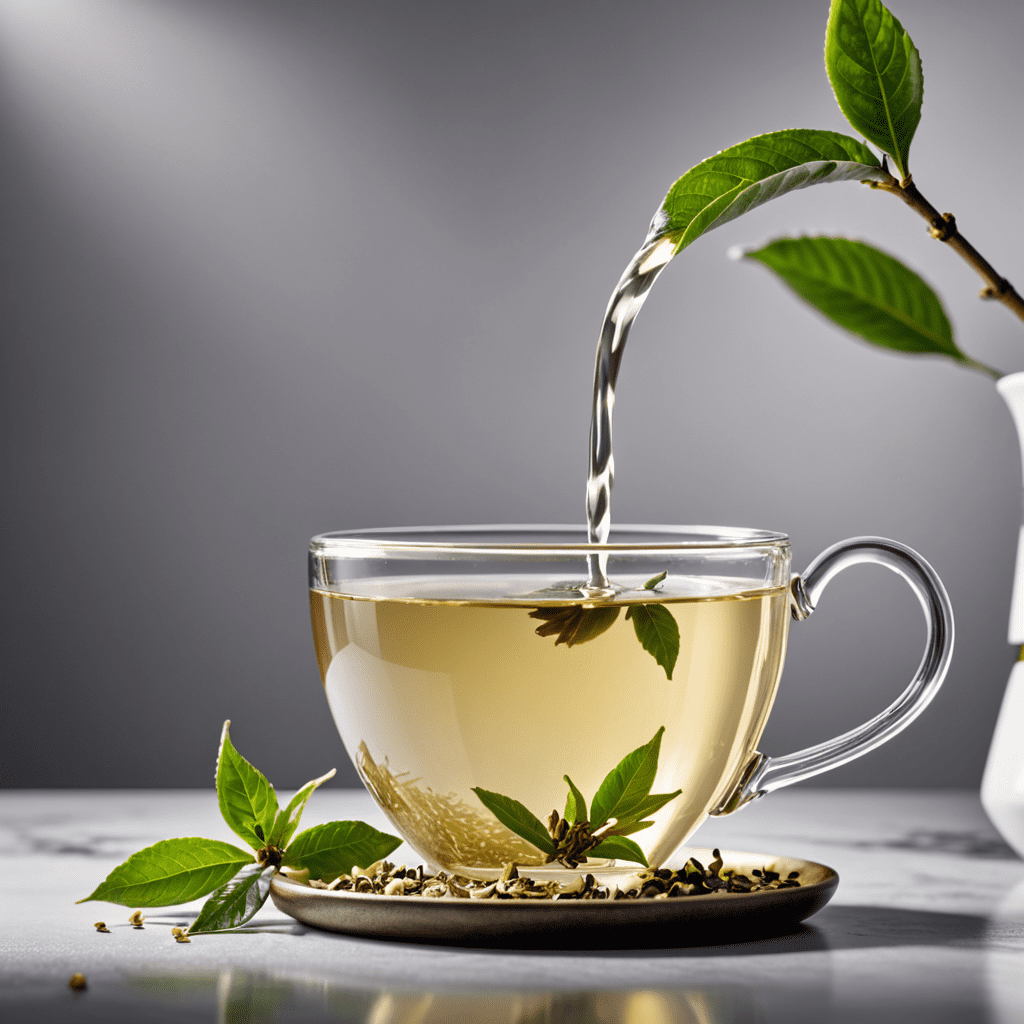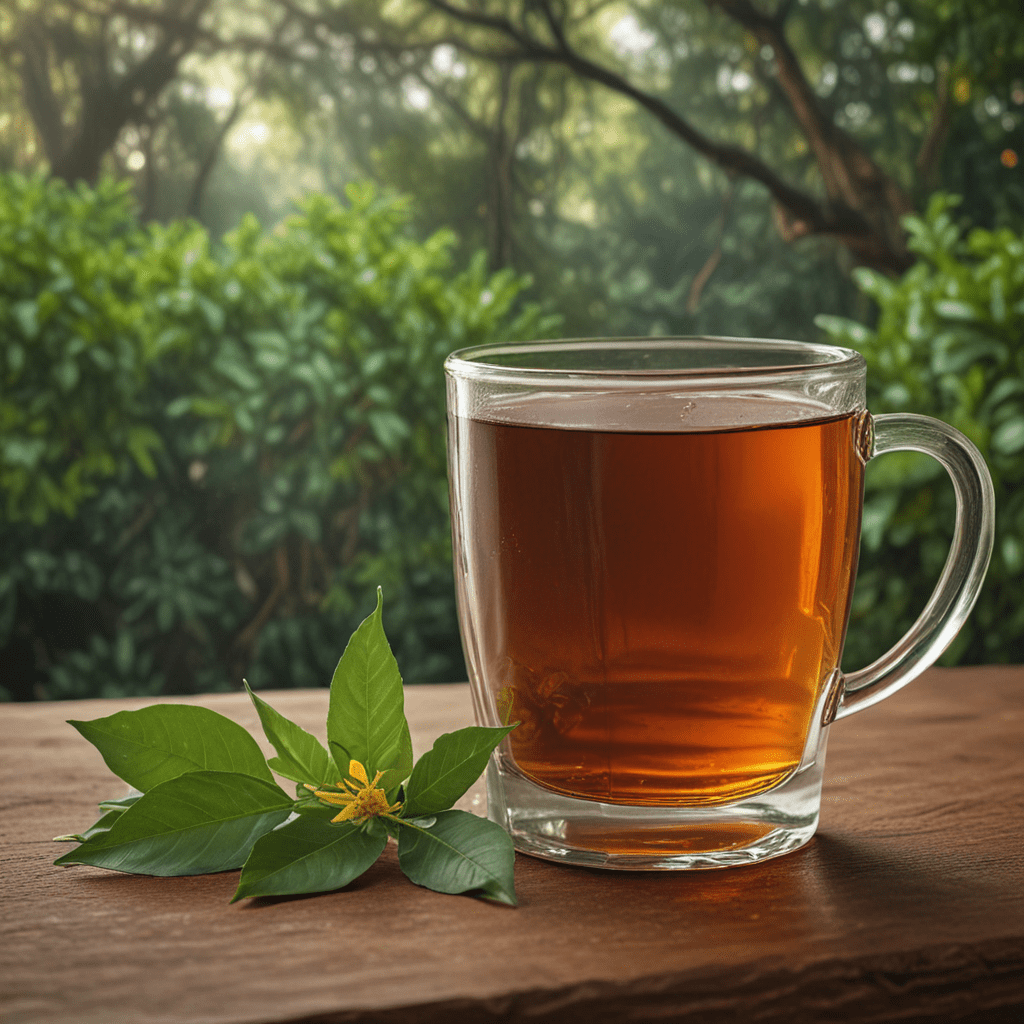
I. Introduction
Chai, a fragrant and flavorful beverage, has captivated tea enthusiasts worldwide. Its origins lie in the ancient Ayurvedic tradition of India, where it was believed to possess both medicinal and spiritual qualities. Today, chai tea continues to be cherished for its aromatic blend of spices and its comforting warmth. Whether enjoyed as a morning pick-me-up or an evening relaxant, Chai offers a unique sensory experience that nourishes both body and soul. This guide will unveil the art of brewing the perfect cup of chai tea, exploring the essential ingredients, tools, and techniques involved in this delightful ritual.
II. Ingredients and Tools
Creating an exceptional cup of chai tea requires a harmonious blend of premium ingredients and the right tools. The foundation lies in a high-quality black tea, such as Assam or Darjeeling, which provides the rich, malty base for the chai's aromatic symphony. Spices are the heart and soul of chai, and a well-balanced blend is crucial. Traditionally, a combination of ginger, cardamom, cinnamon, cloves, and black peppercorns is used. These spices offer a symphony of flavors, ranging from the warmth of ginger to the subtle sweetness of cardamom. Additionally, tools such as a kettle, strainer, and measuring spoons are essential for precise preparation and optimal results.
III. Choosing the Right Chai Blend
The choice of chai blend is a matter of personal preference and culinary experimentation. Pre-mixed chai blends, available in tea bags or loose-leaf form, offer convenience and consistency. However, crafting your own custom blend allows for endless possibilities and the ability to tailor the flavor profile to your liking. When selecting spices, opt for whole spices whenever possible, as they retain their aroma and flavor better than ground spices. Experiment with different ratios and combinations to create a chai blend that perfectly suits your taste buds.
IV. Preparing the Spices
The preparation of spices is a crucial step in the art of brewing chai tea. Whole spices should be freshly ground or crushed using a mortar and pestle to release their full flavor potential. This step awakens the aromatic compounds within the spices, ensuring they fully infuse into the tea. Alternatively, if using pre-ground spices, ensure they are of high quality and have been stored properly to preserve their freshness and potency.
V. Brewing Methods
The method of brewing chai tea can significantly impact its flavor and aroma. Traditionalists prefer the stovetop method, which allows for precise control over the steeping process. Alternatively, French presses or dedicated chai makers offer convenience and ease of use.
A. Traditional Stovetop
- In a saucepan, combine tea leaves, ground spices, and water.
- Bring to a boil over medium heat, then reduce heat to low and simmer for 10-15 minutes.
- Strain the tea into a teacup or teapot.
B. French Press
- Add tea leaves, ground spices, and hot water to a French press.
- Stir well and allow to steep for 10-15 minutes.
- Slowly plunge the filter down to separate the tea from the spices.
C. Chai Maker
- Fill the tea basket with tea leaves and ground spices.
- Add water to the reservoir and select the desired brewing time.
- The chai maker will automatically brew and dispense the tea.
VI. Steeping Time and Milk Variation
The steeping time for chai tea varies depending on personal preference. Longer steeping results in a stronger, more flavorful tea. Milk is a traditional addition to chai, adding creaminess and richness. The amount of milk can be adjusted to taste, or nondairy milk alternatives can be used.
VII. Sweetening and Flavoring
Sweetening chai tea is optional, but many enjoy adding a touch of honey, sugar, or jaggery to enhance its sweetness. Other flavorings, such as cinnamon sticks, star anise, or vanilla extract, can be added during the brewing process to create unique flavor profiles.
VIII. Serving Suggestions
Chai tea can be served hot or cold, depending on the occasion. It pairs well with light snacks such as cookies, pastries, or fruit. For a festive touch, garnish with a cinnamon stick or a sprinkle of ground cardamom.
IX. Health Benefits of Chai Tea
Chai tea is not only delicious but also offers numerous health benefits. The spices used in chai possess antioxidant, anti-inflammatory, and antimicrobial properties. Regular consumption of chai tea has been associated with improved digestion, reduced stress, and boosted immunity.
X. Conclusion
Brewing the perfect cup of chai tea is an art form that combines the right ingredients, techniques, and a touch of personal flair. Whether enjoyed as a comforting morning ritual or a relaxing evening treat, chai offers a unique and flavorful experience that nourishes both body and soul. By following these guidelines and experimenting with different flavors and methods, you can master the art of chai brewing and create a truly exceptional cup of this beloved beverage.
FAQ
Q: What is the best type of tea to use for chai?
A: Assam or Darjeeling black tea is a popular choice for its rich, malty flavor.
Q: How long should I steep chai tea for?
A: Steep for 10-15 minutes, or longer for a stronger flavor.
Q: Can I add milk to chai tea?
A: Yes, milk is a traditional addition to chai and adds creaminess and richness.
Q: What are the health benefits of chai tea?
A: Chai tea contains antioxidants and anti-inflammatory properties that may improve digestion, reduce stress, and boost immunity.


